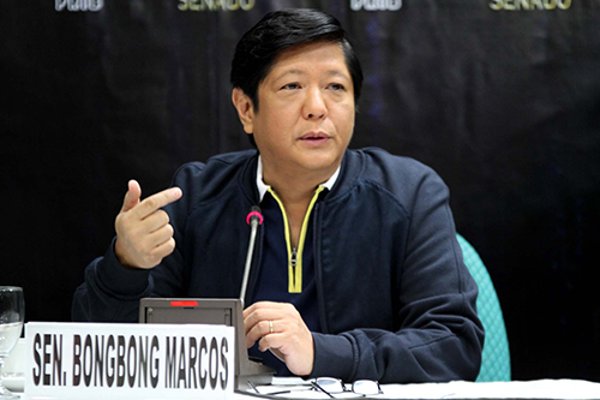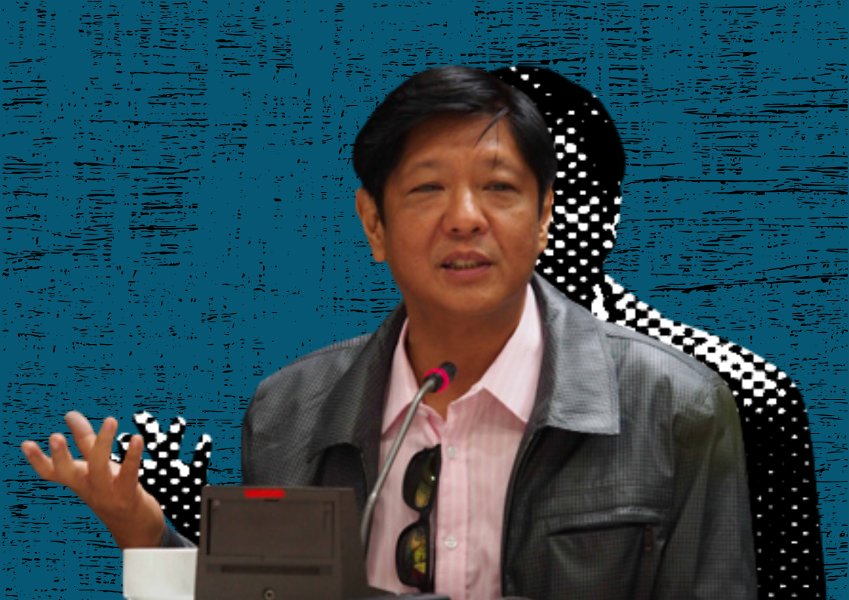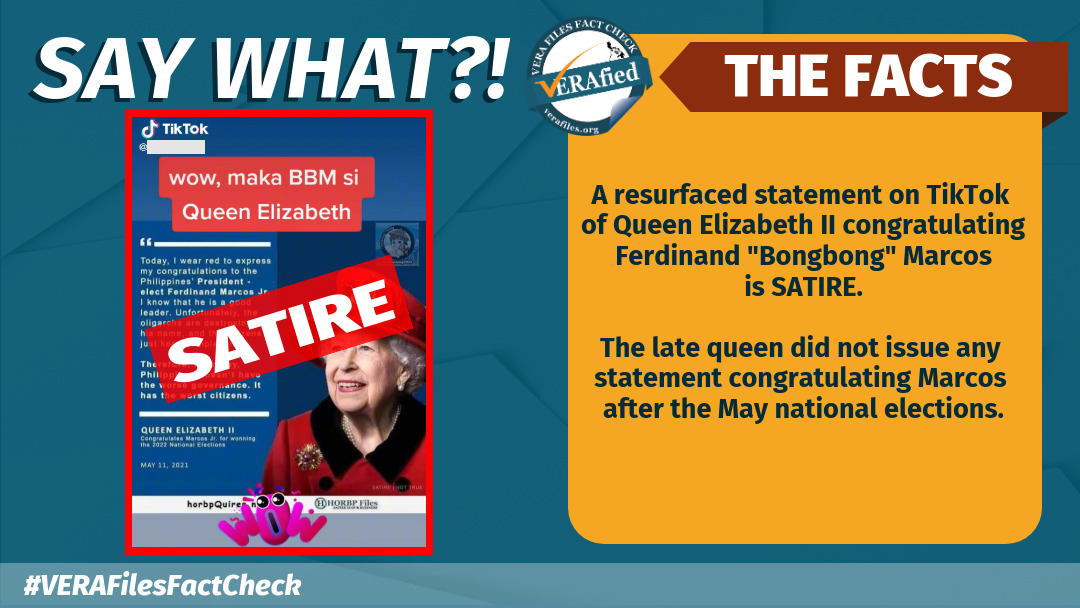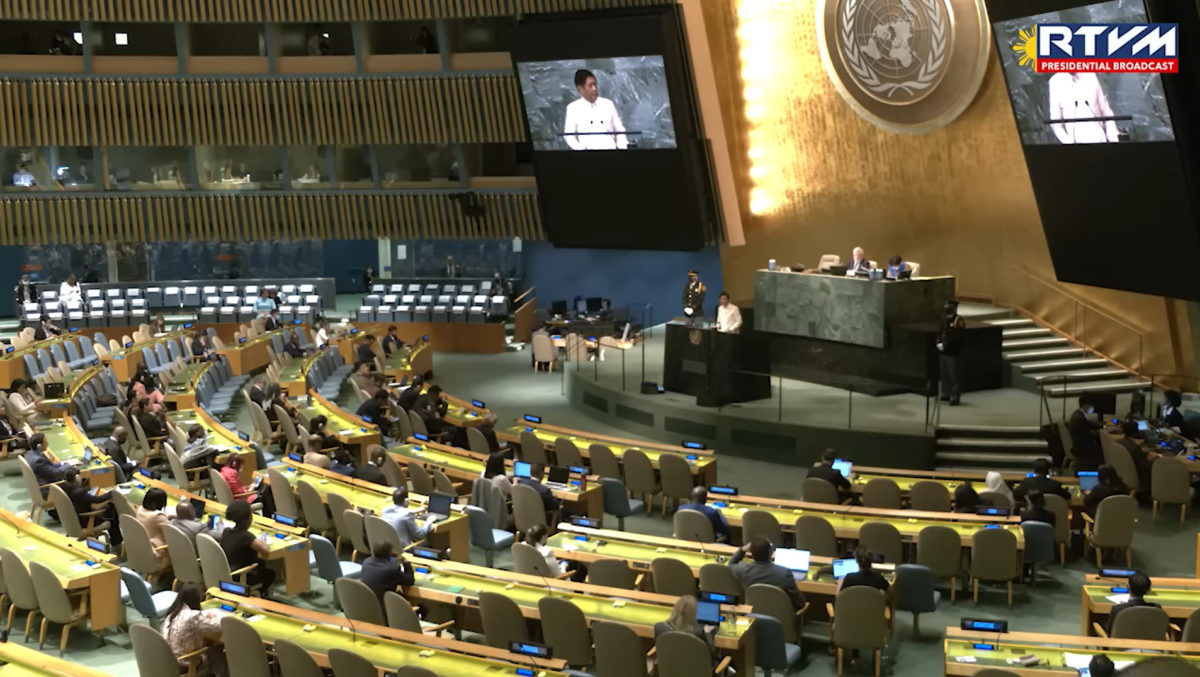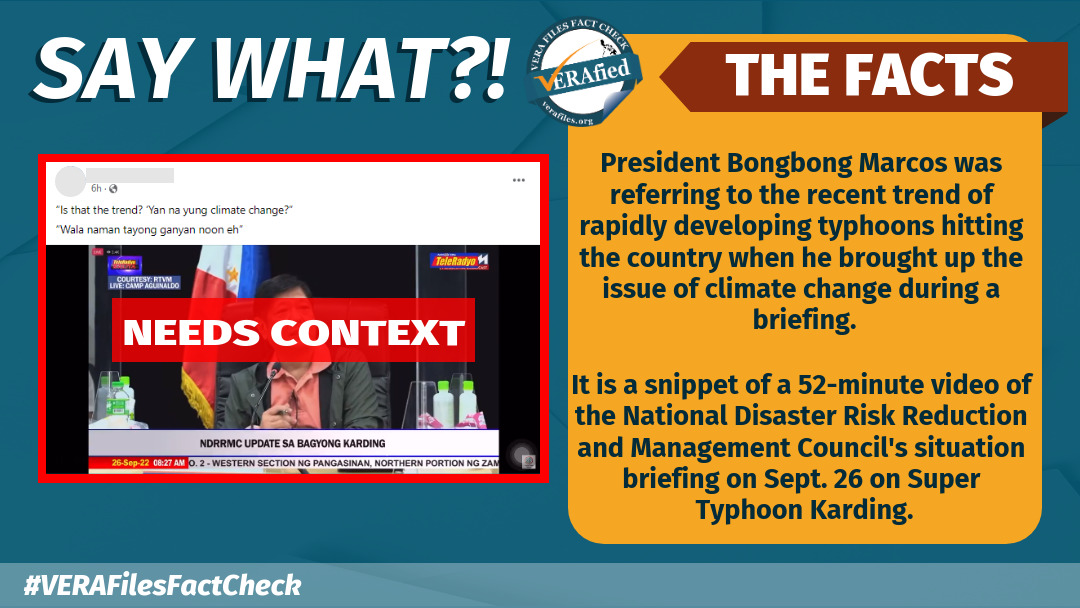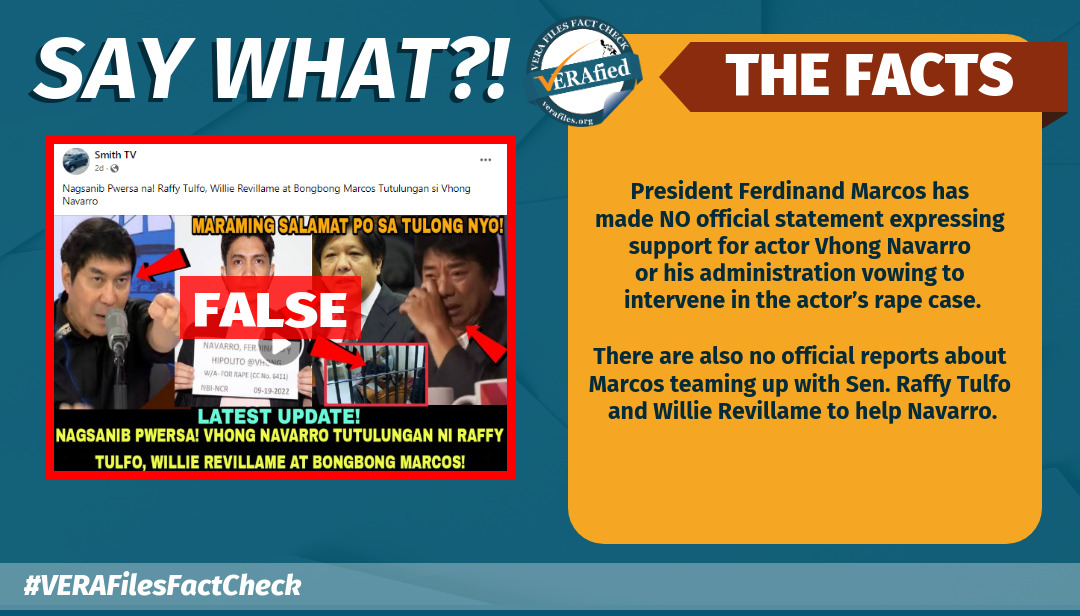The issue involving alleged nonpayment of tax deficiencies by presidential aspirant Ferdinand “Bongbong” Marcos Jr. has degenerated into a battle of certifications as the date set by the Commission on Elections (Comelec) for its first hearing on the former senator’s disqualification from the 2022 elections draws near.
Long before the deadline for the submission of memorandums in time for the poll body’s January 7 and 14 preliminary conferences, both the camps of Marcos Jr. and those petitioning his disqualification from the May 2022 presidential race have already publicly presented certifications of payment and absence of record of payment on file, respectively.
It is now up to the Comelec which certificate to recognize: the Marcos Jr. camp’s certification from the Bureau of Internal Revenue (BIR) dated Dec. 9, 2021, showing that the presidential contender paid his tax dues for 1982 to 1985 in December 2001, or the petitioners’ certifications from the Quezon City Regional Trial Court (QC RTC) Branch 105, dated Dec. 2, 2021, and the QC RTC Clerk of Court, dated Dec. 14, 2021, that there was “no record of any compliance/payment of fine” in the 1995 tax convictions that the Court of Appeals affirmed in 1997.
Given previous experiences on Marcos Jr.’s repeated false claims about earning a diploma from Oxford University, many netizens have been questioning the authenticity of the BIR certification while others contest the petitioners’ “no-record” certification, saying that payment may not have been reported to the QC RTC.
Lawyer Victor Rodriguez, Marcos Jr.’s spokesman, insinuated in a news conference last Wednesday that the BIR certification should put an end to the efforts to exclude the son of the late dictator Ferdinand Marcos from the 2022 presidential race.
He dismissed the certifications from the QC RTC as mere “products of (petitioners’) belated presentation of evidence” which, he said, is “not allowed” in the legal profession.
The petitioners, he asserted, did not attach any proof, nor did they present the certifications from the court during the preliminary conference on one petition.
“[In] the procedural aspect of trial practice, the court will not countenance any surprise or an ambush tactic on the respondent. Kung sino ‘yung nagdedemanda, sila dapat ‘yung nagbibigay ng pruweba (The petitioners should present proof),” he pointed out.
On the other hand, lawyer Theodore Te, counsel for the petition filed by civic leaders and victims of human rights violations during the Marcos martial law regime, said the court certifications “cement” the assertion that Marcos Jr. “has been convicted and the sentence remains unserved.”
Currently, two petitions to cancel the certificate of candidacy of Marcos Jr. and four petitions for disqualification are pending in the Comelec. Two other petitions have already been denied.
The Comelec’s first division scheduled for January 7 the preliminary conference for three disqualification cases against Marcos Jr.: the petitions brought by organizers of the Campaign Against the Return of the Marcoses and Martial Law on Nov. 17, by supposed officials of the presidential aspirant’s political party Partido Federal ng Pilipinas, and by other martial law survivors led by the Akbayan party-list group that were both filed on Dec. 2.
The case set for preliminary investigation on Jan. 14 was filed by the group Pudno Nga Ilokano (Real Ilocanos).
The disqualification petitions pointed to Marcos Jr.’s 1995 conviction over his failure to file his income taxes for four consecutive years, from 1982 to 1985, when he was a governor of Ilocos Norte.
According to Pudno Nga Ilokano, Marcos Jr.’s failure to file his ITRs (income tax returns) demonstrates his “willful intent” to evade the payment of taxes which, it said, is tantamount to “moral turpitude.”
Rodriguez, however, dismissed these accusations as baseless, pointing to the BIR certification showing that Marcos Jr. has paid all his tax dues from 1982 to 1985. “Bayad ho at binayaran noong matagal nang panahon (These were all paid and paid a long time ago). They [were] paid Dec. 27, 2001,” he said.
If it will be verified that Marcos Jr. had indeed settled his tax deficiencies and penalties with the BIR in 2001, does payment erase the crime of tax evasion not only over his non-filing of ITRs but also not paying the correct income tax dues? When the case was brought to court in 1991, Marcos Jr. pleaded not guilty and contested it.
Marcos Jr., in his 1991 testimony, even blamed his staff in the provincial government for not filing his ITRs. He said he instructed the provincial treasurer to put all his salaries in a bank account “in the form of a scholarship foundation for the poor.”
Bank records presented in court showed that his income from 1982 to February 1986 remained in the Philippine National Bank branch in Laoag City and had a withdrawal only in March 1986 when he was already in exile in Hawaii. He said he did not know who withdrew from the account.
On July 27, 1995, the QC RTC convicted Marcos Jr. on four charges of violating Section 45 of the 1977 National Internal Revenue Code for failing to file his ITRs. In one of the cases, the court sentenced him to three years in prison with a fine of P30,000.
Section 12 of the Omnibus Election Code states that anyone who “has been sentenced by final judgment” for any offense with a penalty of more than 18 months “or for a crime involving moral turpitude, shall be disqualified to be a candidate and to hold any office.”
Retired Supreme Court associate justice Antonio Carpio has said “while the failure to file a tax return for one year may not evince an intent to evade payment of income taxes, the repeated failure to file income tax returns for several years can evince an intent to evade such payment, amounting to moral turpitude.”
If the Comelec, and this may probably reach the Supreme Court, eventually settles this case, whether in favor of or against Marcos Jr., the issue will continue to hound him. Because of this and other questions involving honesty and integrity, the issue will always stick with Marcos Jr.
The views in this column are those of the author and do not necessarily reflect the views of VERA Files.
This column also appeared in The Manila Times.
